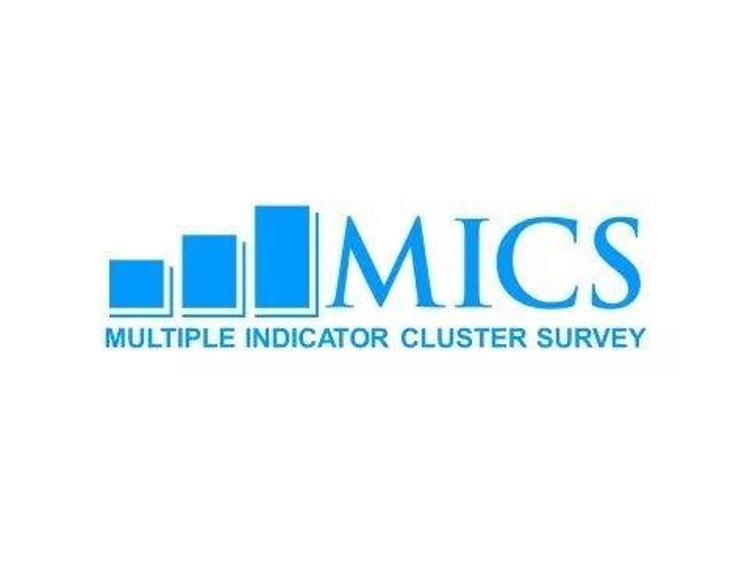
As part of the implementation of the United Nations International Children's Emergency Fund (UNICEF) program for Turkmenistan for 2021-2025, by Decree of the President of Turkmenistan PB-275 dated February 27, 2023, a Work Plan for 2023 was signed between the State Committee of Statistics of Turkmenistan and the representative office of the United Nations International Children's Emergency Fund (UNICEF ) in Turkmenistan. In order to implement this plan, from January 10 to April 10, 2024, the State Committee of Statistics of Turkmenistan is conducting the 7th round of the Multiple Indicator Cluster Survey (MICS-7) in selected households in all regions of the country.
The Multiple Indicator Cluster Survey is an international-level survey that is conducted using a standard methodology for collecting data common to all countries, developed by international experts. This survey will serve as a source of information to replenish the range of data on indicators of the Sustainable Development Goals and prepare programs aimed at improving the well-being of the country's people in the coming years.
Data collection on MICS-7 will take place on electronic devices (tablets) in 6,800 households in Turkmenistan. It is planned that specialists participating in the survey will visit households and gather information by interviewing relevant household members. The survey will be conducted using 5 questionnaires (household questionnaire, questionnaire for women 15-49 years old, questionnaire for men 15-49 years old, questionnaire on children under 5 years old, questionnaire on children and adults aged 5-17 years old).
The participation of international experts is planned to monitor the MICS-7 survey.
Before the start of this survey, exactly from November 20 to December 18, 2023, a training seminar was held in the building of the central office of the State Committee of Statistics of Turkmenistan for specialists participating in MICS-7 with the participation of international expert on MICS-7 Tiana Chomic. MICS-7 questionnaires and software (CAPI) were also tested separately in households in urban and rural areas.


